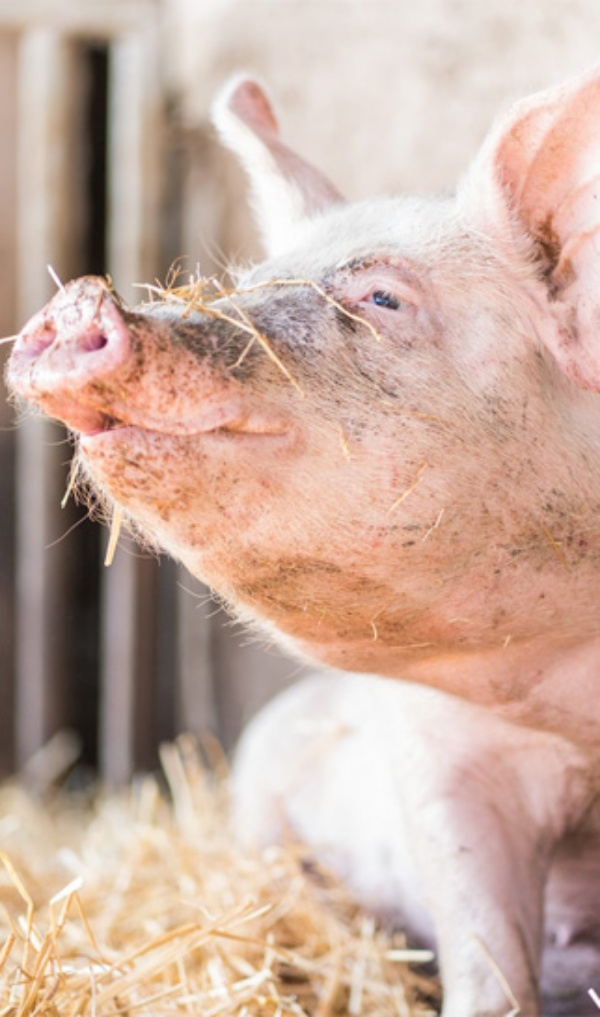ECONOMIC IMPACT
When a herd becomes infected, the disease spreads continuously. The infected sows become carriers. Although it is true that they develop antibodies, the maternal immunity does not last long after weaning.
When leptospirosis affects a herd of susceptible sows for the first time, it causes:
- Abortions and stillborn piglets: Surge in abortions together with an increase in the number of stillborn piglets.
- Weak piglets: Piglets that are born weak.
- Other effects: Is endemic leptospirosis (chronic, subclinical) that causes the greatest economic losses due to its continuous and hidden effects.
PRODUCTION AND ECONOMIC EFFECTS
A study by: Thomas Stein DVM, MS, PhD, Minneapolis, MN, USA.
According to a study performed in the USA, a 5,000-sow farm affected by clinical leptospirosis produces 30,000 weaned piglets less per year than a farm without clinical leptospirosis.
According to this study, the farm with controlled leptospirosis spends USD29.07 for producing a piglet, whilst a farm with clinical leptospirosis spends USD37.35 per piglet. It estimates that the expenses of a 5,000-sow farm with or without leptospirosis are almost the same, but the one with controlled leptospirosis weans 30,000 piglets more, therefore reducing the total costs.


